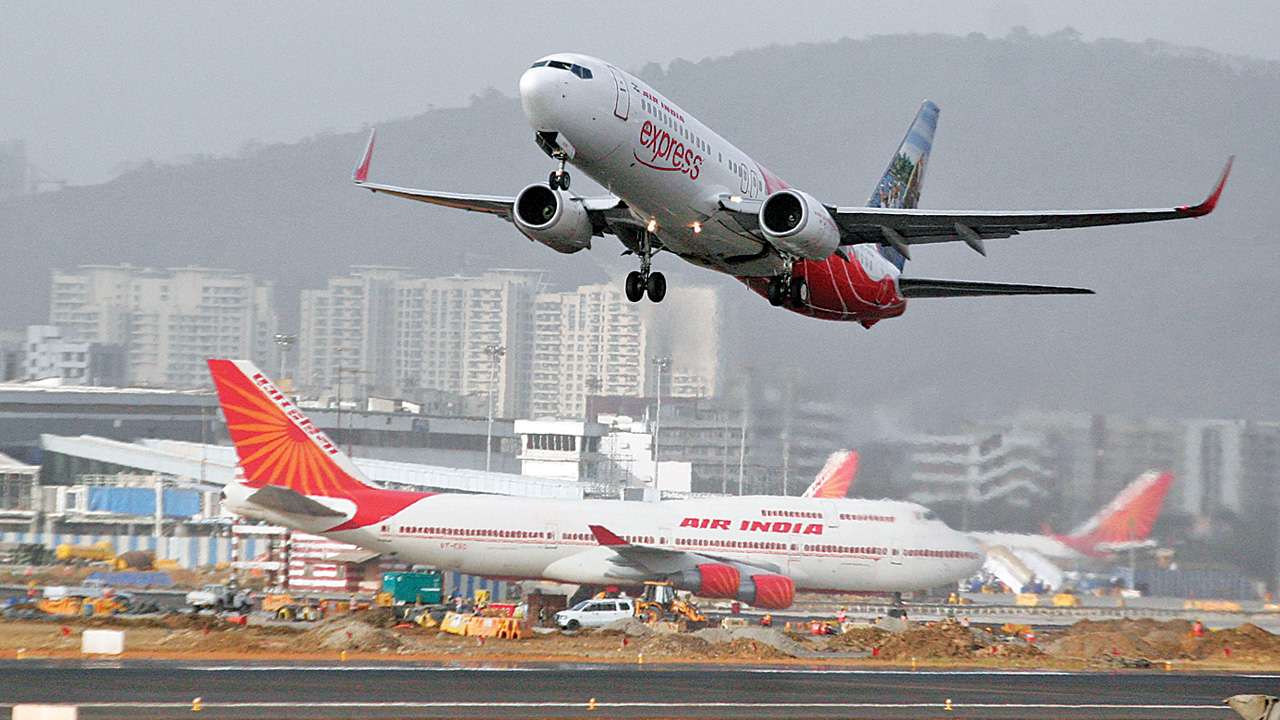
Air India is always in news for the wrong reasons. The latest in its series of blunders is playing with a very technical aspect of airline business, sales and marketing, called the global distribution system (GDS).
GDS is a computerised network system owned or operated by a company that enables transactions between travel industry service providers, mainly airlines, hotels, car rental companies and travel agencies.
There are currently three major GDS systems, Amadeus, Travelport and Sabre. Their respective share of the market is: Amadeus 55 percent Indian, 43 per cent global; Travelport, 30 per cent Indian, 20 per cent global and Sabre 12 per cent Indian and 39 per cent global.
All major airlines must necessarily be on multiple GDSs because if they are only with one, they are automatically blocked off from the others. As an example, if a call centre takes calls from only one telephone company, then it will not be able to service its clients who have phones from different companies.
Like most full service airlines, Air India had been using multiple GDS systems so far. This is in the best interest of the airline.
However inexplicably, Air India has decided to get rid of all GDSs in favour of one. Air India has decided to use Travelport as their exclusive GDS and is giving up the rest of systems. This means that if a travel agent wants to book a ticket, he has to be on Travelport GDS.
With e-commerce growing fast, more so in the travel industry, technology plays a key role. Most travel agency chains like Make My Trip and Expedia, among others, have already spent enormous amounts of time and money to integrate and further develop their systems with their preferred GDS.
They would not be willing to disrupt their systems if they are forced to change GDS worldwide by one airline. The result would be Air India’s isolation to the advantage of others.
Why this exclusivity by Air India? The ostensible reason given is that the deal will help them reduce distribution cost by almost 60 per cent.
Unlike low cost carriers, full service Airlines like Air India and Jet Airways have to rely on GDS providers like Amadeus, Travelport and Sabre for sale of tickers in India and abroad.
The GDS provider collects a segment of fee for every booking and shares a portion with the travel agent. By restricting GDS to only one provider, it might reduce costs, but will cut down the catchment area of passengers to only members of that GDS.
Travelport, unfortunately has only 20 per cent of global and 30 per cent of domestic market. With this, Air India’s revival take a hit. It’s a penny wise-pound foolish policy, unless there is a deeper ulterior motive.
It has been ascertained that decision to shift exclusively to a single GDS was opposed by its former top officials. The opposition came on the ground that the shifting to a single platform may curtail the airline’s market reach, leading to loss of booking.
In response to queries, the airline management said that the bid was done through a proper process and the decision will save almost 60 per cent in airline’s distribution cost.
However, documents prove otherwise. The process of selection was also arbitrary, pre-meditated and opaque without a proper tender. Already, lobby group Travel Agents Association of India (TAAI), have objected to Air India’s decision, as will hurt their revenues.
It will also disconnect about 18 codeshare partners and over 100 inter line partners, leading to loss of business from Star Alliance Partners, a membership that Air India got with difficulty.
Further, it will exclude Air India from large global online players like Expedia, Odigeo, Egencia and others, as they do not work with Travelport.
Another interesting fact emerging is that Travelport in India is being controlled by Interglobe Group, the owners of Indigo Airlines, Air India’s biggest rival.
With this Air India’s complete inventory data would be available with them. This leads not only a conflict of interest, but potential of data leak to a rival and fast- growing competitor.
Like in the previous regime when important and highly valuable landing slots of Air India were given to a rival airline, the story is repeating itself here.
Author is Chairman of International Foundation for Aviation, Aerospace and Development